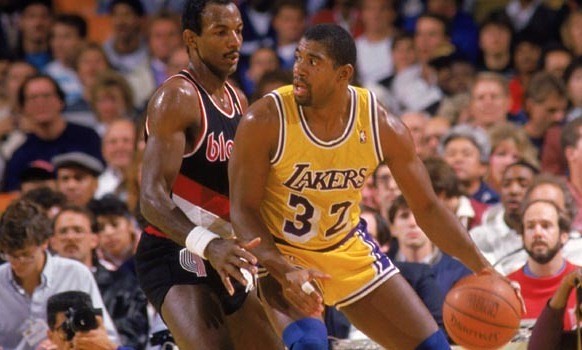If you think CEOs
are supremely confident and invincible, think again. Consider these words
recently written by CEOs:
I often feel like I’m a fraud.
I’m feeling very sad and lonely and
the antidepressants I’m on don’t seem to be working.
I don’t love myself very much.
Shirzad
Chamine takes a great interest in the inner voices of CEOs and helps
recalibrate those voices. The Chairman Emeritus of CTI and author of the New York Times bestseller Positive Intelligence discovered the
power of inner voices by accident.
His childhood
was an unhappy one. He freely admits his parents were “awful,” and at an early
age he began rationalizing the world around him by silently judging people. “I’m
crap, but that person is crap, too,” he’d tell himself. This little trick also
had the effect of making him feel better about himself.
Most of us
fall victim to this voice and it’s prevalent in our daily lives. Yet, we didn’t
emerge from the womb that way.
“You are born
in complete touch with your greatness, beauty and power—a radiance,” says
Chamine. “But it begins to fade over time.”
It’s akin to
losing one’s innocence. Chamine calls the negative voices in our head “Saboteurs”
and says they flourish quite naturally because, after all, that was the default
mode of our ancestors. When you’re in survival mode you assume the worst so
you’ll be prepared to elude the claws of the tiger.
Robin
Williams’ suicide brought sorrow to the world and a renewed focus on depression,
addiction and other conditions of the mind and spirit. It’s easy to imagine the
inner Saboteur dictating or at least strongly influencing people’s
self-destructive tendencies.
I have been abusing drugs and alcohol
to deal with stress.
I am self-destructive and I don’t know
why.
I fear dying at an early age of
overwork and stress.
Chamine runs
seminars for CEOs and other professionals, helping them tame their inner Saboteur and access their inner
Sage. The Sage, he says, is the positive voice that serves us—the source of our
wisdom and power. The percentage of time the Sage is dominating your mind is your Positive
Intelligence Quotient, and Chamine says people with a high PQ live longer and
are happier. Research has even shown a correlation between high PQ and increased
performance. It’s been said successful entrepreneurs possess an “irrational
optimism.”
Just look at
the two side-by-side:
- Saboteur: creates feelings of anxiety, shame, anger, disappointment and guilt
- Sage: creates feelings of curiosity, compassion, joy, creativity, peace, calm and resolve
I have no idea how to truly connect
with my only son.
I’m afraid of ending up like my father
who is unloved and will die alone.
When Chamine
reads these anonymous comments to a room full of people, the silence is
disarming. When he admits they were written by CEOs, there are a few gasps. We
shouldn’t be surprised.
Chamine
counsels people to label their Saboteur. Make a Wanted Poster and list all of
the negative things your Saboteur tells you. Then dump that thinking and the
behavior that follows it.
“When The
Sage takes over and says ‘I can turn this into an opportunity’ you feel
compassion, you become creative; it becomes a self-fulfilling prophecy.”
____________________________________________________________
There are many resources for people struggling with depression, anxiety and other disorders. One which is highly regarded is the National Alliance on Mental Illness.































